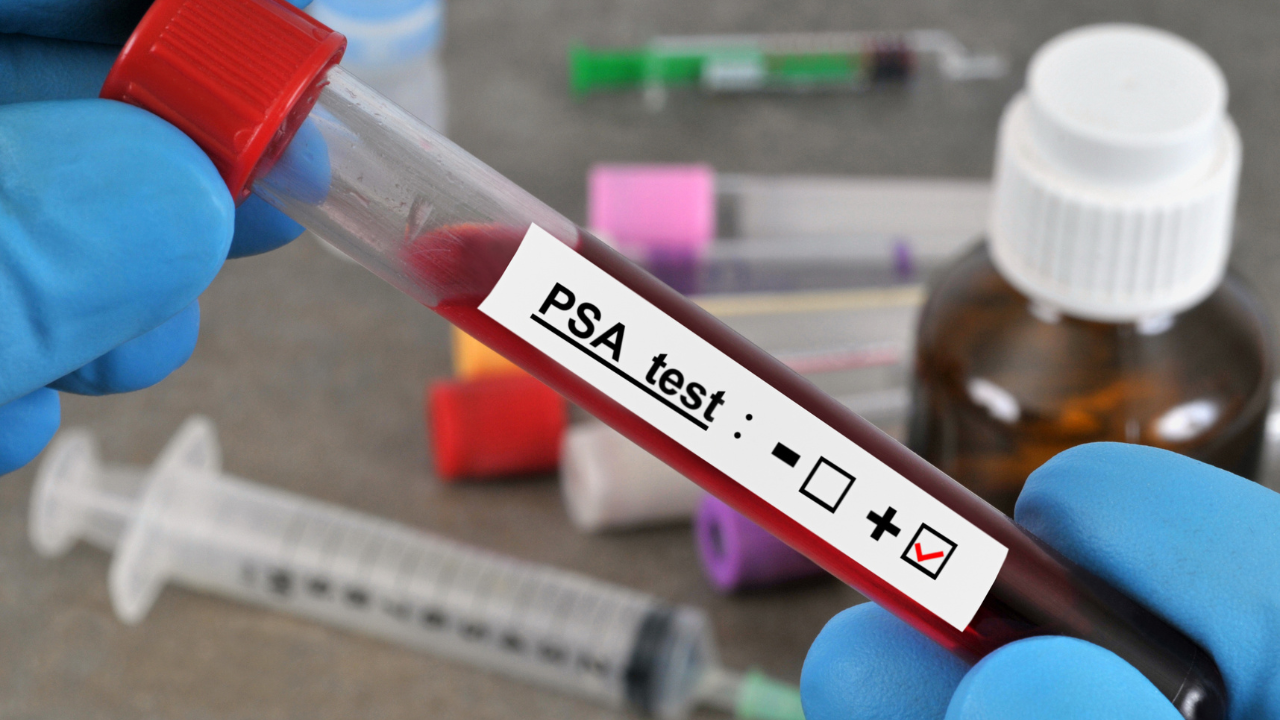Research Highlights:
Main Point 1: PSA screening is a valuable tool for early detection of prostate cancer.
Main Point 2: The USPSTF recommends against PSA screening, leading to controversy in the medical community.
Main Point 3: Proper interpretation of PSA results and consideration of factors like PSA velocity and derivative tests are essential for accurate screening.
Main Point 4: Family history and genetic factors should be considered when deciding on PSA testing.
Scientifically Reviewed by: Dr. Gary Gonzalez, MD, in August 2023.
Introduction
Prostate-specific antigen (PSA) screening for prostate cancer has become a topic of heated debate, with the United States Preventive Services Task Force (USPSTF) advising against its use in all men, regardless of age, race, or family history. In this article, we delve into the controversy surrounding PSA screening, the importance of PSA testing in prostate cancer prevention, and the nuances often overlooked by healthcare professionals.
What You Need to Know
Point 1: PSA Screening's Vital Role PSA screening serves as a critical tool for the early detection of prostate cancer, enabling timely intervention and potentially life-saving treatments.
Point 2: The USPSTF Controversy The USPSTF's recommendation against PSA screening has sparked significant disagreement within the medical community, leaving many men and their families confused about the best course of action.
Point 3: Proper PSA Interpretation To maximize the benefits of PSA screening, it's essential to consider factors such as the rate of change in PSA levels over time (PSA velocity) and derivative tests like Free PSA Percentage and the PCA3 test.
Point 4: Family History Matters Men with a family history of prostate cancer or other related cancers should carefully weigh the potential benefits of PSA testing in consultation with their healthcare providers.
Section 1: PSA Screening and Early Detection PSA screening plays a pivotal role in the early detection of prostate cancer. This simple blood test can identify potential issues with the prostate gland, allowing for prompt diagnosis and appropriate treatment.
Subsection 1.1: The USPSTF's Controversial Recommendation The USPSTF's recent recommendation advising against PSA screening has raised significant concerns. Many experts argue that a blanket dismissal of PSA testing fails to account for individual risk factors and the potential benefits of early detection.
Subsection 1.2: Interpreting PSA Results Proper interpretation of PSA results involves more than just looking at the absolute PSA value. Factors like PSA velocity, which measures the rate of change in PSA levels, and derivative tests such as Free PSA Percentage and the PCA3 test can provide valuable insights into a patient's prostate health.
Section 2: Family History and Genetic Considerations Understanding a patient's family history and genetic predisposition to prostate cancer is crucial when making decisions about PSA
screening. Individuals with a family history of prostate cancer, breast cancer, or colorectal cancer may face a higher risk and should consult with healthcare professionals to determine the best course of action.
Section 3: Beyond PSA Screening While PSA screening is a valuable tool, it is just one part of a comprehensive approach to prostate health. Monitoring PSA values over time, addressing underlying prostate issues, and selecting appropriate treatments when necessary are essential components of prostate cancer prevention and management.
Summary
The PSA controversy surrounding prostate cancer screening highlights the importance of informed decision-making. PSA screening remains a valuable tool for early detection, but its use should be considered in the context of an individual's risk factors and medical history. By carefully interpreting PSA results, monitoring changes over time, and acknowledging the significance of family history, patients and healthcare providers can make more informed choices regarding prostate cancer screening and care.
References:
- Allard CB, Dason S, Lusis J, Kapoor A. Prostate cancer screening: Attitudes and practices of family physicians in Ontario. Can Urol Assoc J. 2012;6(3):188-193. 2. Moyer VA. Screening for Prostate Cancer: U.S. Preventive Services Task Force Recommendation Statement. Ann Intern Med. 2012;157(2):120-134.
- Payton S. Prostate cancer: New PSA screening guideline faces widespread opposition. Nat Rev Urol. 2012;9(7):351.
- Pollack CE, Platz EA, Bhavsar NA, et al. Primary care providers' perspectives on discontinuing prostate cancer screening. Cancer. 2012. doi:10.1002/cncr.27577. 5. Strum SB, Pogliano DL. A Primer on Prostate Cancer, The Empowered Patient's Guide. 2nd ed. Hollywood, Florida: Life Extension Media; 2002.










